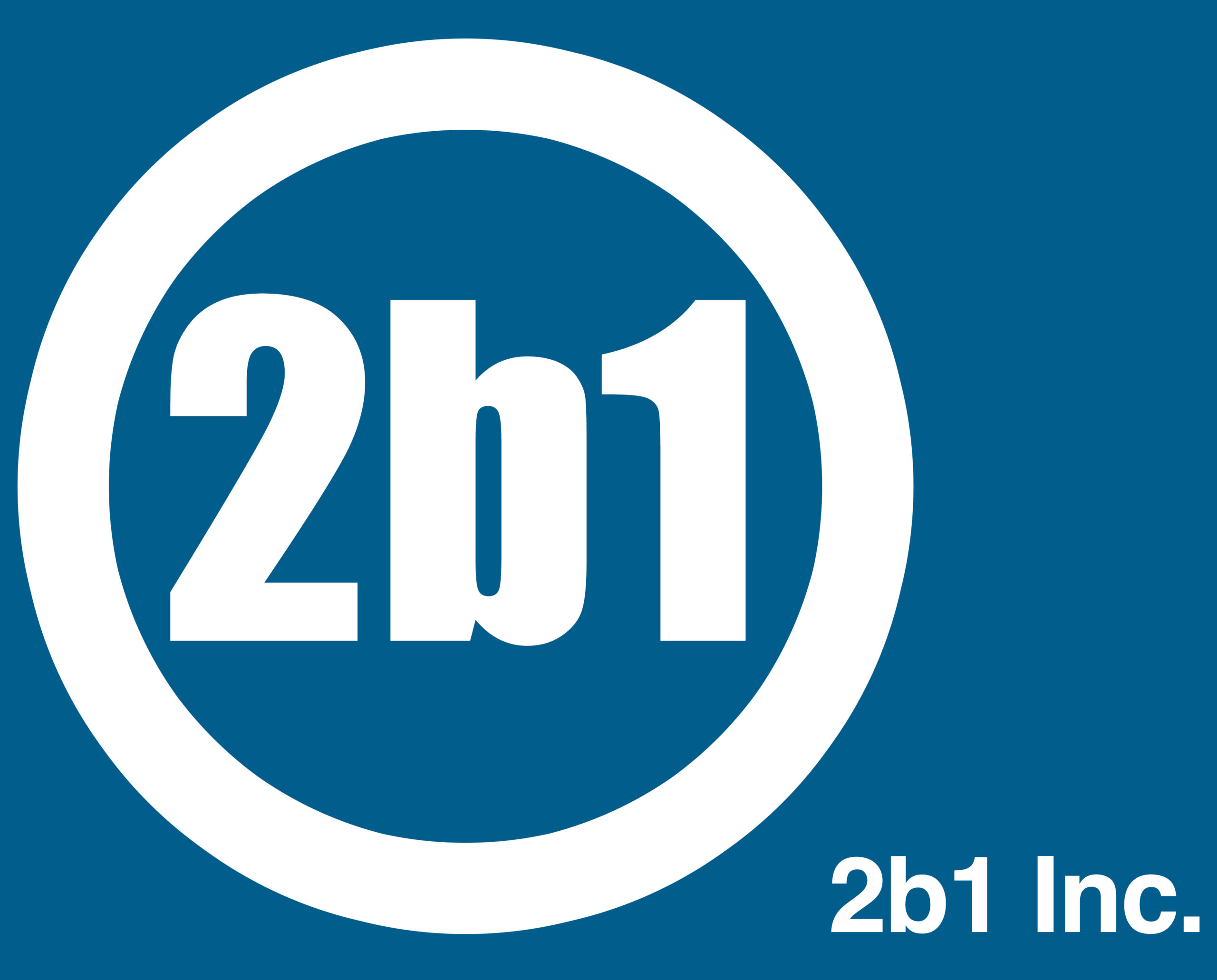In light of the recent massive data breach at National Public Data, which exposed the personal records of nearly 3 billion people, including sensitive information like Social Security numbers, it’s more important than ever to protect your financial identity. One of the most effective ways to safeguard yourself from identity theft is by freezing your credit with the three major credit bureaus: Equifax, Experian, and TransUnion. This simple process can prevent unauthorized access to your credit report, which in turn stops identity thieves from opening new accounts in your name.
In this guide, we’ll walk you through the steps to freeze your credit with each of the major credit agencies. The process is quick and easy, taking about 5 minutes per agency.
How to Freeze Your Credit
To get started, you’ll need to create a free account with each of the credit bureaus. Here are the direct links to the credit freeze pages:
- Equifax: Equifax Credit Freeze
- Experian: Experian Credit Freeze
- TransUnion: TransUnion Credit Freeze
When setting up your account, you’ll be asked to provide the following information:
- First and last name
- Address
- Email address
- Cell phone number
- Social Security number
You’ll also need to create a strong password. Be sure to save this password securely—using a password manager is recommended. After submitting your information, each site will send you a text message to verify your phone number. Once verified, you can activate the credit freeze.
What Does a Credit Freeze Do?
When your credit is frozen, creditors won’t be able to access your credit report, which means they cannot approve any new credit accounts in your name. This effectively blocks identity thieves from opening credit cards or loans using your information. Keep in mind, however, that you won’t be able to apply for new credit yourself while your credit is frozen. If you plan to apply for a credit card or loan, you’ll need to temporarily lift the freeze during the application process and re-freeze your credit afterward.
Beware of Spoofing and Phishing
In today’s world, it’s crucial to stay vigilant against phishing and spoofing attempts. If you receive an unsolicited call, text, or email requesting your personal information, do not provide any details. Instead, hang up and contact the company directly using a phone number from their official website. Similarly, if you receive an unexpected email, avoid clicking on links or providing information through the email. Go directly to the company’s website and use their official contact methods
Conclusion
Freezing your credit is a powerful step in protecting yourself from identity theft, especially in the wake of large-scale data breaches like the one at National Public Data. By taking just a few minutes to freeze your credit with Equifax, Experian, and TransUnion, you can secure your financial future and keep your personal information safe from criminals.
Stay safe, and remember—it’s better to be proactive than reactive when it comes to your credit.
